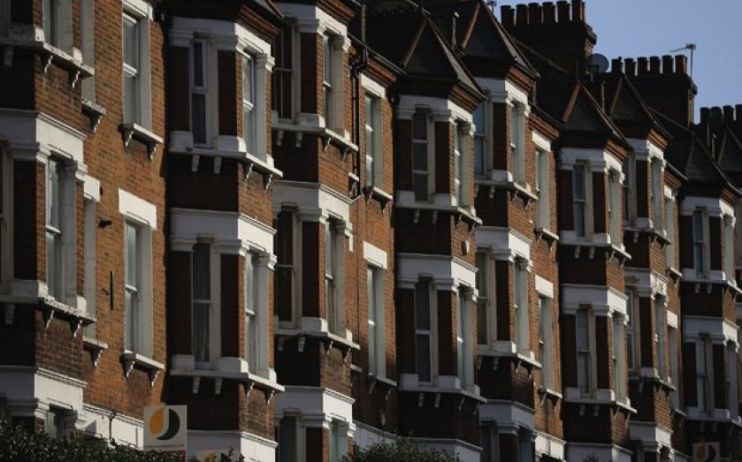Households will save £400 on energy bills if clock change is ditched

Households could save more than £400 per year if daylight savings time was axed, according to a study from Queen’s University Belfast.
One of the institute’s academics, who specialises in clean energy research, calculated that customers could save £1.20 per day if clocks are not put back later this month.
Professor Aoife Foley argued that purposefully reducing daylight in the late afternoons and evenings by an hour had a huge impact on demand and significantly ramped up household energy consumption.
This could be reversed if daylight was maintained for longer periods later in the day in line with British Summertime.
She predicted this would flatten the evening peak curves on energy demand by up to 10 per cent if commercial demand is included.
Foley explained: “By simply foregoing the winter Daylight Savings Time (DST) in October, we save energy because it is brighter in the evening during winter, so we reduce commercial and residential electrical demand as people leave work earlier, and go home earlier, meaning less lighting and heating is needed.
“There is no doubt that by foregoing the daylight savings in winter we would save a lot of energy, reduce our bills and carbon emissions during this energy war, and especially during a cost of living crisis.”
Governments should work together to cut household energy bills
Energy bills have risen to record highs of £2,500 per year for average use, despite a six month support package subsidising the huge costs of record wholesale prices.
Foley argued opportunities to save energy painlessly were especially important amid continued concerns over supplies this winter, with the West looking increasing dependent on weather conditions and rationing to avoid blackouts in December and January – when gas reserves start to run low, but demand is still high with evenings at their darkest.
The National Grid’s worst case scenario for winter, includes three hour blackouts rolled out regionally across households in the UK.
This would require both insufficient European supplies on the market and a cold snap.
Foley’s calculations do not include gas savings or electricity and gas in the commercial or industrial sectors but she says if they were included “there would be even more significant energy, cost and emissions reductions for hard strapped businesses and the public.”
Since 2002, most countries in the European Economic Area have adjusted their clocks on the last Sunday in March and October.
Alongside publishing her research, Foley called on the governments in Ireland and the UK to work an emergency proposal to abolish daylight savings this year.
She said: “It would be great if the UK Government consulted with the Irish Government on an emergency proposal to abolish daylight savings this year. Obviously in Ireland two different time zones would be impossible but Ireland would also make energy and emissions savings and enhance security of supply.”